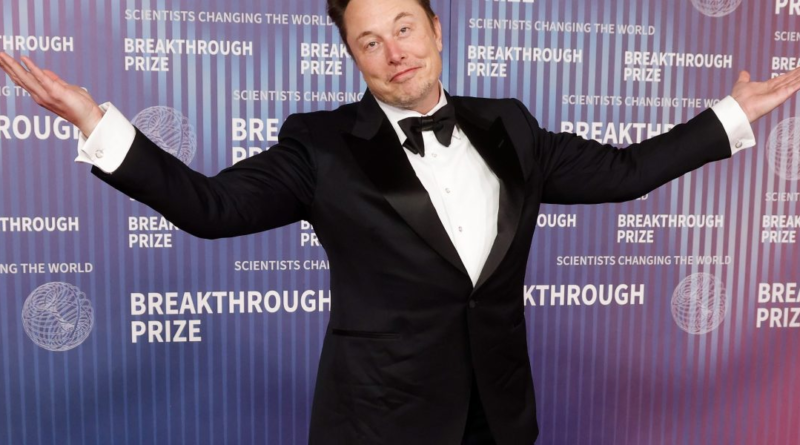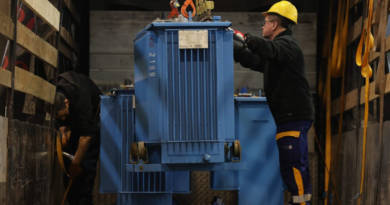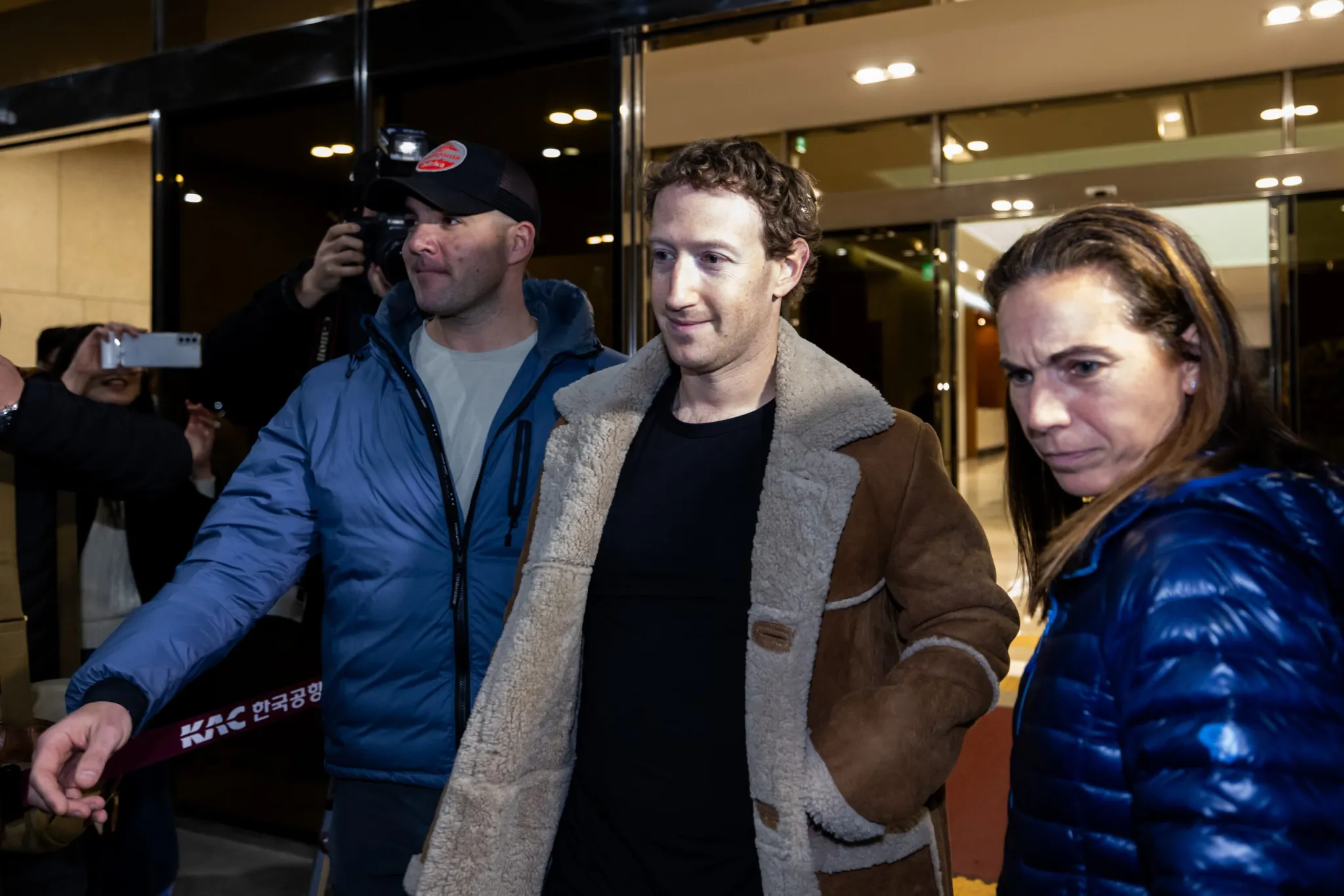Elon Musk admits diverting Tesla’s AI chips to his other companies, claiming ‘they would have just sat in a warehouse’
Elon Musk admitted diverting Nvidia’s latest AI chips originally destined for Tesla to his latest startup xAI and social media company X.
Confirming a report by CNBC on Tuesday, Musk explained the move by saying the chips, used for training neural networks, were better used elsewhere at the time.
“Tesla had no place to send the Nvidia chips to turn them on, so they would have just sat in a warehouse,” he posted.
This might not seem so controversial for a manufacturer of electric vehicles, but it comes as the CEO has gradually pivoted away from the goal of growing annual car sales more than tenfold to the promised 20 million mark in the face of low-cost competition out of China.
Instead, Musk has been methodically rebranding Tesla as an AI and robotics company, pledging to invest $10 billion this year alone to beef up its AI training and inference compute. In April, he revealed plans to ramp up chip procurement to the equivalent of 85,000 Nvidia H100s by the end of this year just for AI training, i.e. not including inference. He had around 35,000 at the end of the first quarter.
Tesla had no place to send the Nvidia chips to turn them on, so they would have just sat in a warehouse.
The south extension of Giga Texas is almost complete. This will house 50k H100s for FSD training.
— Elon Musk (@elonmusk) June 4, 2024
The timing of the revelation could also be damaging as Musk awaits the June 13 outcome of a tense vote over his record pay package, dubbed the “largest in human history”, whose earlier approval (in 2018) was ruled invalid by a Delaware court because of governance failings. Tesla shareholders could fear they might get the short end of the stick, if Musk deems the chips are more needed at xAI, SpaceX or X.
Musk sparked fears he might breach his fiduciary responsibility to Tesla shareholders after threatening at the start of this year to further move AI development out of Tesla if investors didn’t grant him enough stock to raise his stake from 12% to 25% (another 9% held indirectly in the form of options granted as compensation is in dispute due the Delaware ruling).
These concerns were then exacerbated after his xAI startup began hiring employees, including from Tesla, allegedly because they were looking to leave the newly branded AI and robotics company anyway.
Musk’s conflicting interests
On Tuesday, Musk went on to say an expansion of the EV maker’s Texas site to house a new data center is almost complete, after the CNBC report cited warnings of possible further delays to shipments of Nvidia’s benchmark AI chips to Tesla.
“This will house 50k H100s for FSD training,” the CEO said, a number which accounts for the gap in remaining chips to be purchased this year. He then added: “I can’t overstate the difficulty of making 50k H100s train as a coherent system. No company on Earth has been able to achieve this yet.”
It’s unclear why Tesla ordered the chips in the first place if they had no functioning data center infrastructure that could use them at the time, and Musk did not elaborate.
One reason might be that Nvidia’s benchmark H100 training chips—so advanced the U.S. banned their export to China—are in such demand that he couldn’t afford to take the risk of passing on a potential delivery slot allocated by Jensen Huang’s company.
In the past, however, he has complained about not getting as many Nvidia GPU clusters as he needed, explaining that his planned Dojo supercomputer that uses custom Tesla-designed silicon was little more than a hedge against further delays.
Whether diverting some of the chips away from Tesla actually hurt the carmaker in any material way is also unclear. The company claims to have invested $1 billion to more than double its compute capacity in the first quarter over the previous three months to end-December.
Late in March, Musk flagged in a post that Tesla was no longer AI training compute constrained. This could suggest the period in which it had infrastructure capacity up and running but not enough chips to operate them is now over.
It’s possible that no damage was done to the company, and given the size of Musk’s economic interest it would seem logical he wouldn’t want to harm his only proven profitable endeavor.
However, his admission of diverting Tesla’s AI chips to his other companies highlights the fraught nature of running a publicly traded company alongside several privately-owned ones, especially when they compete for the same resources.
Musk is generally not shy about shifting resources as he sees fit, and during Musk’s pay package trial, the CEO confirmed he dispatched 50 so-called volunteer Tesla engineers to assist him at Twitter. James Murdoch, a Tesla director on both the board’s audit and governance committees, was not able to provide so much as a ‘ballpark’ figure when asked about the decision, even though his testimony was provided only a few weeks later.




